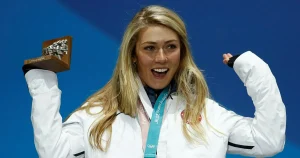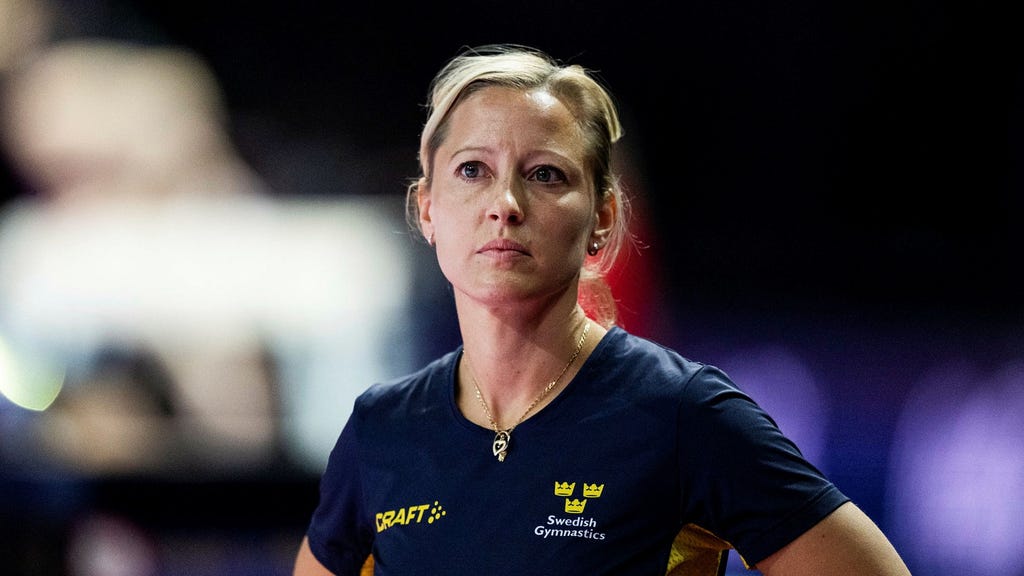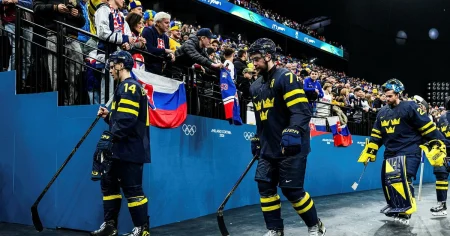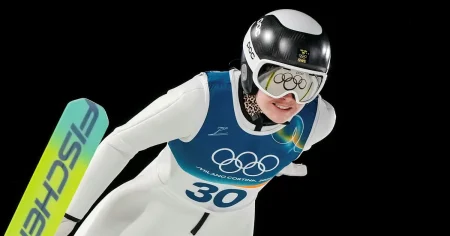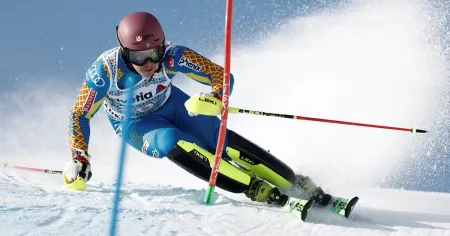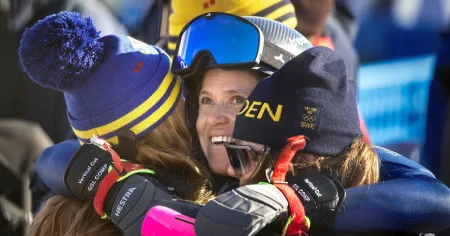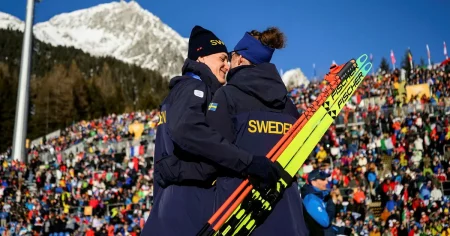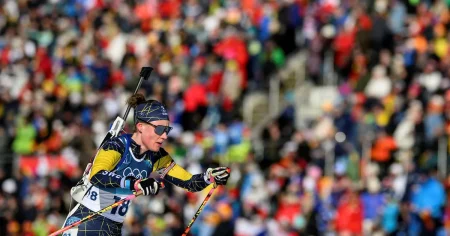Helena Andersson Melander’s tenure as Sweden’s national gymnastics team coach has come to an abrupt end following a wave of criticism regarding her multifaceted roles and accusations of fostering a detrimental environment within the national program. While serving as the national coach, Melander simultaneously held the position of club coach in Eskilstuna and undertook other responsibilities within the gymnastics sphere, a combination that drew significant scrutiny.
This ”triple role” as national coach, club coach, and head coach for the Swedish Olympic Committee’s gymnastics program, was cited by Jonas Juhl Christiansen as an ”almost inhuman task.” He also acknowledged Melander’s added responsibility of overseeing both the junior and senior national teams, an initiative she spearheaded to broaden participation and include gymnasts from across the country. However, rather than being viewed as an asset, this multi-faceted involvement became a focal point of contention, with critics alleging it led to conflicts of interest and compromised her ability to effectively lead the national team.
The controversy surrounding Melander escalated in November when Stockholm Top Gymnastics, a prominent gymnastics club, announced its intention to withdraw its athletes from national team training camps. The club cited dissatisfaction with the national team’s operations and described a ”toxic environment,” a damning indictment of the atmosphere under Melander’s leadership. This public declaration fueled further scrutiny of Melander’s methods and management style, bringing the brewing discontent within the Swedish gymnastics community to the forefront.
The situation further deteriorated with the announcement by Tonya Paulsson, one of Sweden’s leading gymnasts, that she planned to compete for Taiwan due to dissatisfaction with the situation in Eskilstuna, Melander’s club. This high-profile defection underscored the severity of the issues plaguing the national program and amplified concerns about favoritism towards gymnasts training in Eskilstuna. Further criticism emerged from Alva Eriksson, another national team gymnast representing Stockholm Top Gymnastics, who echoed the allegations of preferential treatment and bias. These public expressions of dissent from prominent athletes painted a picture of a fractured national team struggling under Melander’s leadership.
In response to the mounting pressure and widespread criticism, the Swedish Gymnastics Federation took decisive action, announcing Melander’s immediate resignation as national coach. The Federation stated that Melander would transition to a different role, ”focusing more on the development environment in Eskilstuna to strengthen the national team gymnasts who train there.” This move effectively demoted Melander, removing her from the national spotlight while seemingly attempting to leverage her coaching expertise at the club level. While the Federation acknowledged the need for change, their statement carefully avoided explicitly addressing the specific allegations leveled against Melander.
The Federation, through Jonas Juhl Christiansen, attempted to frame some of the criticisms as inherent challenges within elite sports. He acknowledged the presence of ”strong opinions” and the inevitability of disagreements, particularly regarding national team selections and championship participation. Christiansen highlighted the intense emotions associated with such decisions, acknowledging the potential for these selections to either ”realize or extinguish a gymnast’s dream.” This statement, while acknowledging the high stakes involved in elite sport, appeared to downplay the specific allegations of favoritism and a toxic environment. Furthermore, despite repeated attempts by DN to obtain Melander’s perspective on the criticism, she declined to comment until the Federation’s official announcement. In her statement, she emphasized the need for collaboration and focused on the demands of her multiple roles, highlighting the ”continuous dialogues with gymnasts, club coaches, and resource teams” that often go unseen. She expressed pride in the team’s accomplishments and a desire to concentrate on coaching.
This controversy surrounding Melander’s leadership highlights the complex challenges inherent in managing national sports programs. The confluence of her multiple roles, the allegations of a toxic environment, and the high-profile defection of a prominent athlete underscore the need for transparency, fairness, and strong leadership within national sporting bodies. The Federation’s decision to remove Melander from her position as national coach, while not explicitly addressing the specific criticisms, signifies an acknowledgement of the need for change and a commitment to rebuilding trust within the Swedish gymnastics community. The search for a new national team leadership is currently underway, signifying a fresh start and an opportunity to address the underlying issues that led to this tumultuous period in Swedish gymnastics. While Melander’s future within the Federation remains unclear, her departure marks a pivotal moment for the organization and the athletes it represents. The coming months will be crucial in determining the long-term impact of this controversy and the efficacy of the Federation’s efforts to foster a positive and supportive environment for all gymnasts.



